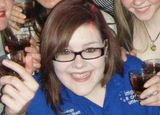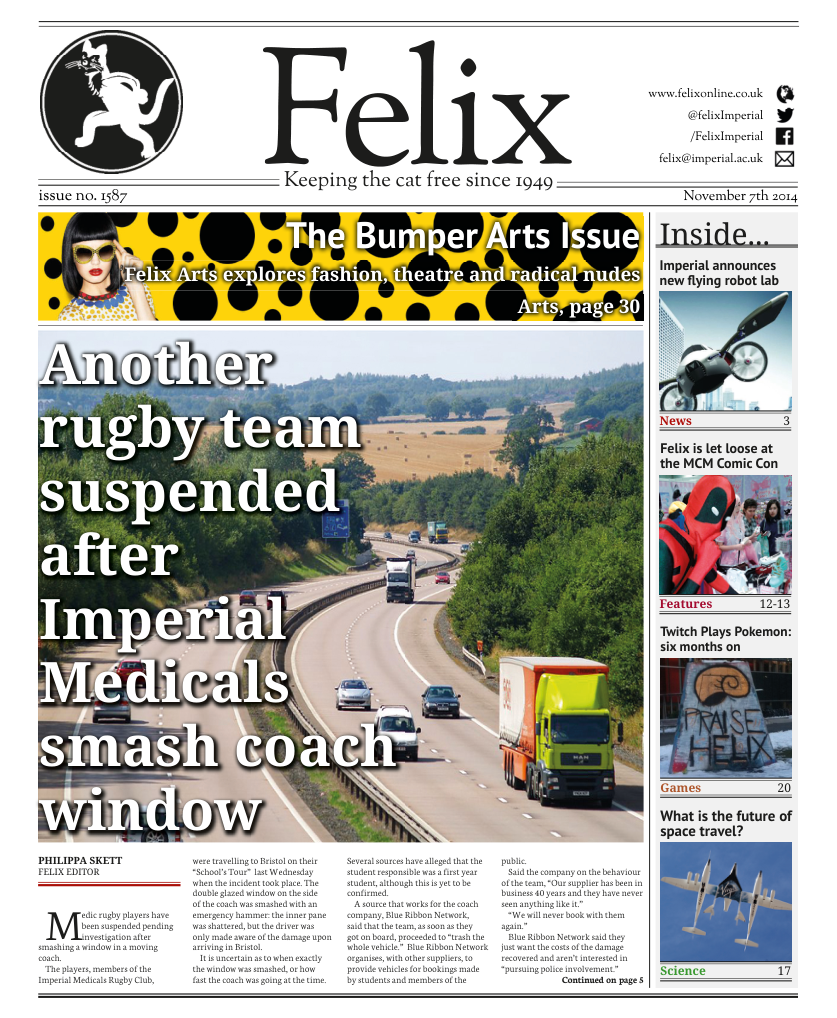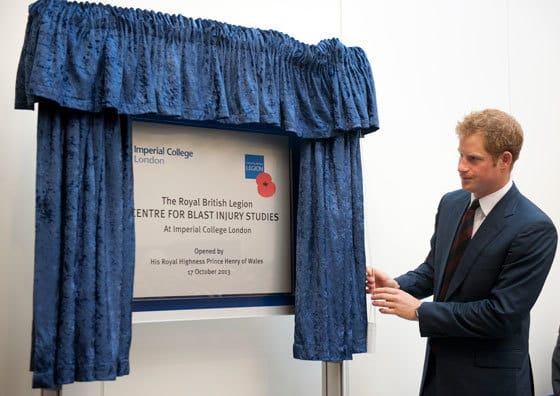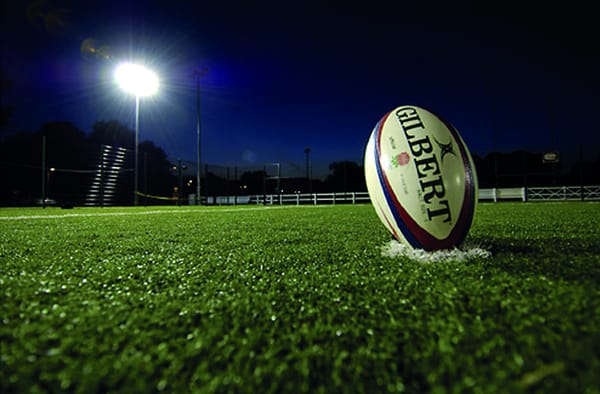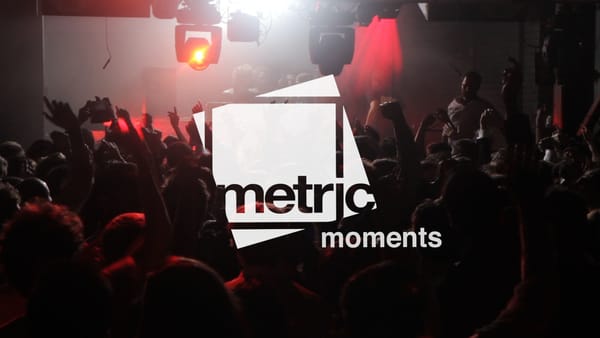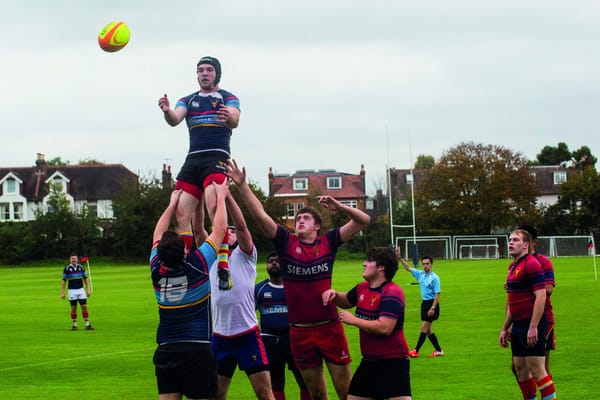Imperial iGEM team come second in the world
Philippa Skett talks to the team on their synthetic biology triumph
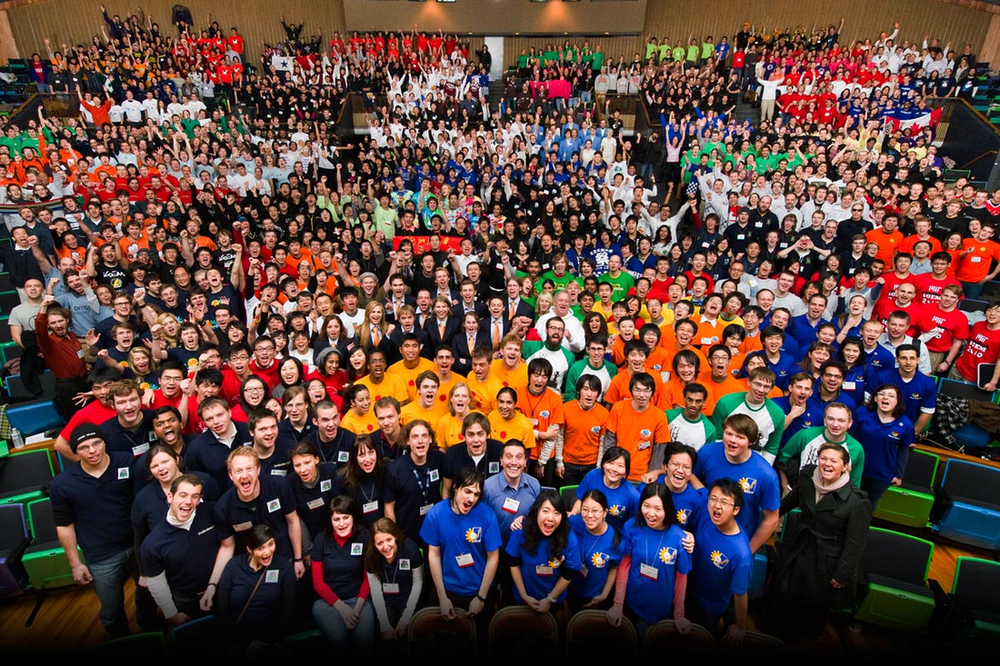
The International Genetically Engineered Machine (iGEM) competition saw our own Imperial team receive a number of awards at the Global Jamboree this week. The competition sees teams from hundreds of Universities bioengineer products using synthetic biology techniques and pits their ideas against each other in a giant conference held in the USA.
The Global Jamboree, held in Boston, Massachusetts, took place last week from October 30th to November the 3rd, and 245 University teams took part. It marked the tenth anniversary of the iGEM competition.
Universities from all over the world enter the competition; there were 82 teams from Asia, 67 from Europe, 14 from Latin America and 84 teams from North America.
Imperial’s team won multiple prizes including Best Part Collection (that recognised the use of additional elements that are added to products, like fluorescent or metal elements), Best Manufacturing Project, and are were finalists in the Undergraduate category; they came number two in the World, second to a team in Germany, Heidelberg, which presented a “highly technical” project on proteins.
The Imperial iGEM 2014 team project, called Aqualose, consisted of Undergraduates from various departments across Imperial. The team of nine students and their supervisor, Ben Reeve, a PhD student, overseen by the Centre of Synthetic Biology and Innovation, spent the summer in the lab working on their project, and then pitched their idea at the Jamboree in front of the other competing teams.
The team focused on manipulating bacterial cellulose to produce water filter membranes. Upon genetically modifying_ Escherichia coli_ to produce the bacterial cellulose, they were able to mass-produce the cellulose that could be used to augment water recycling on a local and industrial scale. They modified the cellulose with binding proteins, allowing different contaminants to be filtered out of water as needed.
The Imperial teams have traditionally done very well in the past in the iGEM competition, with the team last year reaching the final stages and coming second runners up. The 2011 team were the European champions, and came in as the first runners up overall.
Dr Tom Ellis, a Senior Lecturer in the Centre for Synthetic Biology and Innovation and a Supervisor of the team, “The team were great to work with and work incredibly hard, considering all their big results came in the last two months.
“They put in an amazing amount of time and effort over the summer. They were so enthusiastic and kept smiling the entire time.”
“They were working with a tangible product you could hold in your hand, and this was handed out during the presentation at Boston, which was exciting. We are very proud of their success.”
Felix spoke to two of the team members: Michael Florea who studies Biology, and Gabriella Santosa who studies Biochemistry. Michael told us about how they came up with the idea.
“We started the project in July, and spent about three weeks brainstorming ideas. We had three main ideas, and our supervisor helped us pick one that really fit with the criteria of the competition.
We finally set on an idea everyone was happy with, and one that was feasible in the time scale we had.”
Gabriella said: “One of the big ideas behind iGEM and one that is important at Imperial too is ‘Saving the World’. We wanted to develop an idea that is accessible to people and something people on the street would appreciate.”
Of their trip to Boston, Michael told us how the work didn’t stop once they arrived. “We arrived during Halloween and managed to squeeze in a party then!
“We also spoke to a lot of other teams there and it was great to be able to discuss ideas.”
The iGEM Giant Jamboree marked the tenth anniversary of the competition, and allowed all teams from all stages of the competition to attend. In previous years, only those that pass a regional round make it to the Boston conference.
Gabriella told us, “It was great that all the teams were competing at once, so we could see everyone’s projects.
Some projects wouldn’t have made it out of the regionals due to time constraints and other elements out of their control, but still are based on a great idea that is worth sharing.”
Many of the team members are still stateside, enjoying New York and socializing with the other teams now the competition has ended.
They are also enjoying looking around Biology labs in New York, as apparently a whole summer working in labs was not enough for this hardworking team.
The results of the project will be used in the future as a foundation for further research, such as the genomes the team sequenced from the bacteria that created the cellulose.

